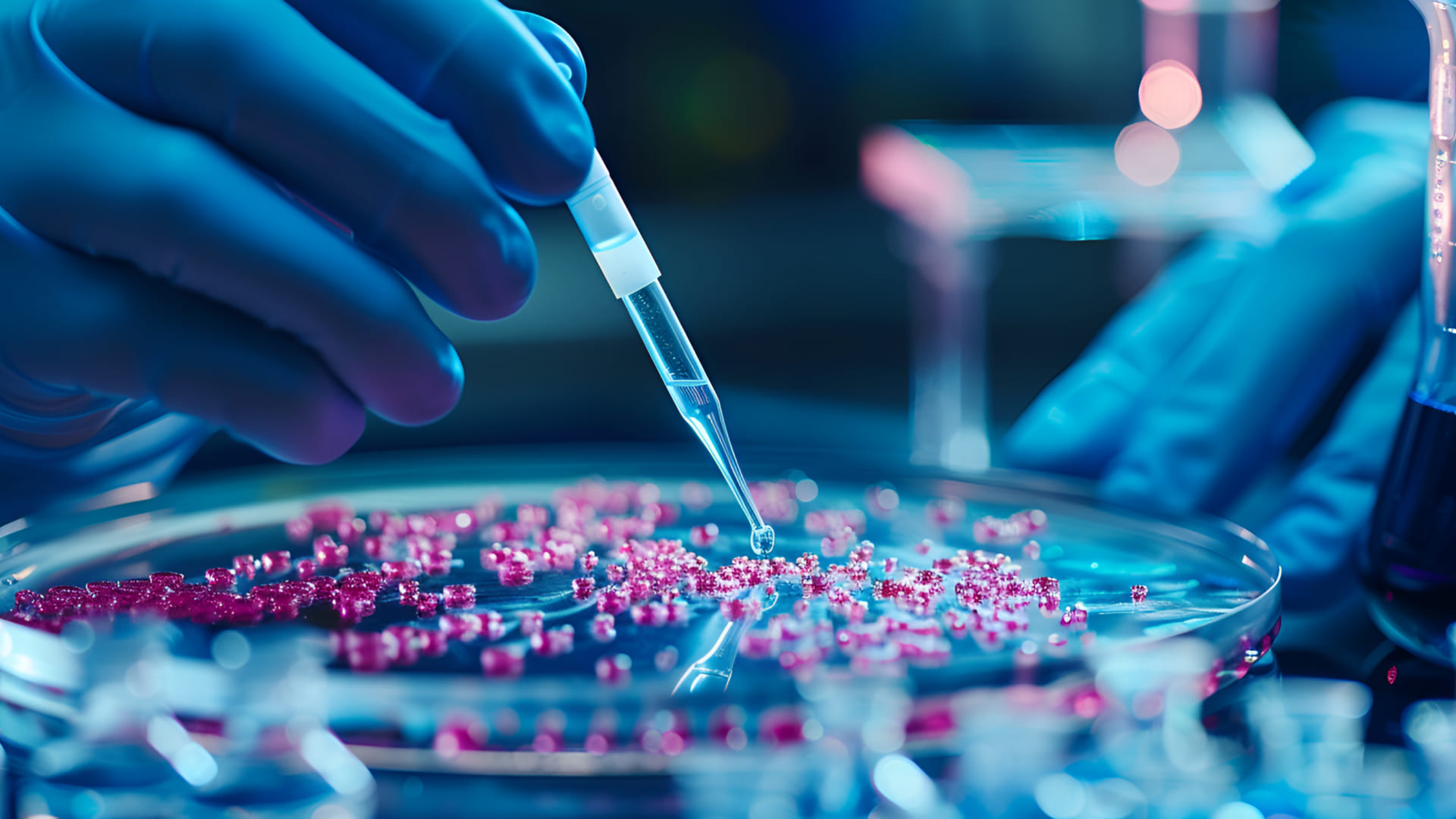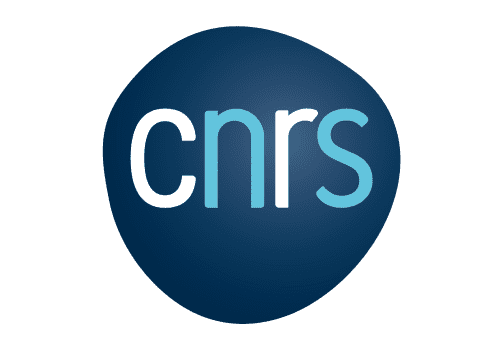Why Use Cell Culture Isolators?
Several processes require the use of cell culture isolators. Cell culture is a process that requires an aseptic medium to grow microorganisms outside their original medium. Their growth can thus be controlled. Cell culture is used to test beauty products, medicines or to check the toxicity level of certain products. It also enables the production of vaccines and researchers can gain a better understanding of how cells work.
Cell culture isolators are specifically designed for laboratory professionals who need to handle sterile products under aseptic conditions. In a pharmaceutical context, the isolator is used to handle cell cultures. This equipment must be designed in accordance with GMP and FDA guidelines.
The cell culture isolator must be able to integrate laboratory instruments dedicated to the handling and analysis of cell cultures. The pressure inside the main chamber of the isolator is positive in relation to the external pressure. A transfer lock is also present on the isolator to allow the introduction of materials and a stable maintenance of the internal atmosphere at the desired conditions.
The isolators follow the critical area sterilization protocol, without requiring manual intervention during environmental disinfection, thus reducing the risk of human error. This ensures safe growth of cell cultures.
The environment provided by the isolation technology has more advantages than a standard cleanroom, especially in the context of cell culture. The cell culture isolators allow tissue engineering laboratories and biotechnology centers for regenerative medicine application to progress in compliance with industry guidelines (PDA, GMP).
The cell culture isolator ensures the highest levels of operator safety and aseptic conditions. They also provide process compliance with regulatory agencies.
Manufacturing of Cell Culture Isolators
The design of cell culture isolators should be based primarily on GMP guidelines, standards and design principles for aseptic processing. The isolator should incorporate a decontamination system and have a laminar airflow. It is essential that the chamber structure is made from stainless steel to ensure the robustness of the isolator and that the internal design provides rounded corners with no retention zones to allow for seamless decontamination.
Isolator manufacturers, such as Jacomex, provide laboratory professionals and industries with a reliable solution, especially for cell culture. Present in more than sixty countries around the world, Jacomex is also well known in France and in European countries. The company’s cell culture isolator and glove box solutions can be customized to meet the requirements and needs of its customers. The manufacturing tools used in the development of the isolators are equipped with the latest technology and in compliance with current safety standards and regulations.
















